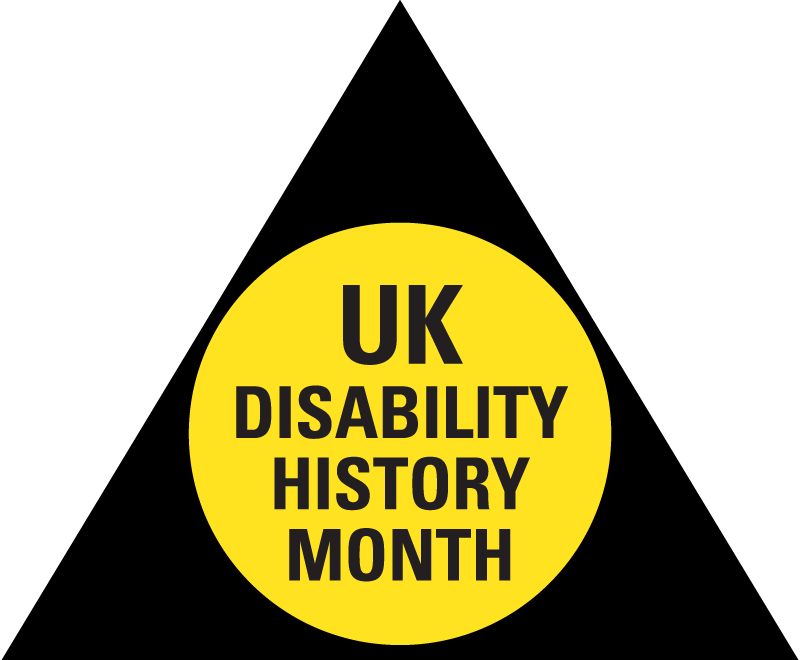-Give a leaflet to all work place colleagues; explain what UKDHM is, and why it’s important. (Download our leaflet by clicking here)
-Hold events and seminars after work, or in lunchtime, where particular topics can be discussed.
-Hold a meeting of disabled colleagues only in the work place. Try and do this in work time and aim to address any issues and barriers, or maybe do an access audit. If you find any problems then follow the meeting through by putting them to management to be taken on board in order to develop more equality in the work place.
-Challenge disabilist jokes, name-calling and ostracising people because they are different.
-Develop a more inclusive work place.
The evidence is that the a more inclusive the work places are, the more productive they are and subsequently they then do the best in terms of business:
The ‘disabled pound’ is worth at least £100 million a year!
A work place that has disabled people in prominent positions is likely to attract more disabled customers and clients.
If you bother to go that extra mile, through access and meeting the requirements of disabled customers you will benefit both in terms of use of your business and also in terms of recruiting disabled staff.
-For example: check out the Broadcasters and Creative Industries Network (BCIDN), who bring the creative industries to explore and address disability as it relates to the media industry – a very good practice.
